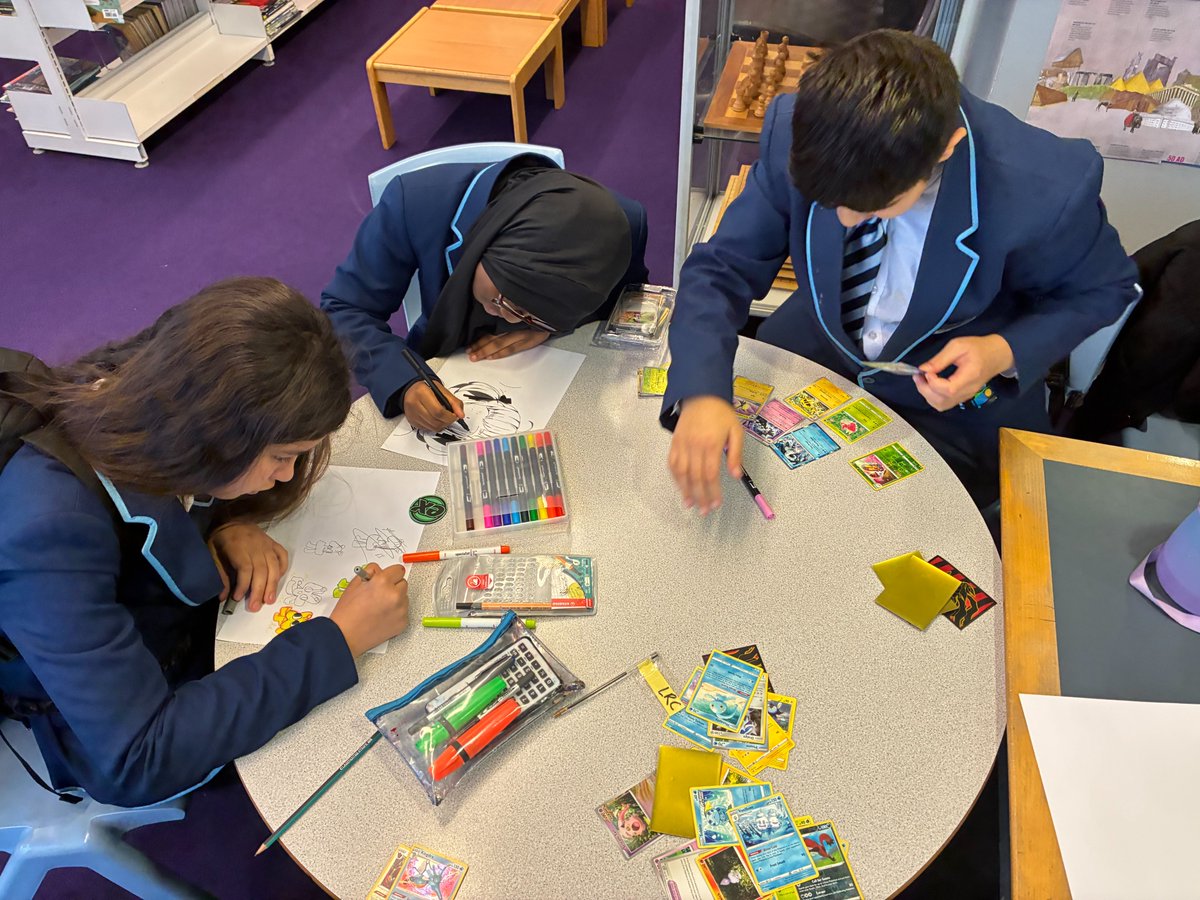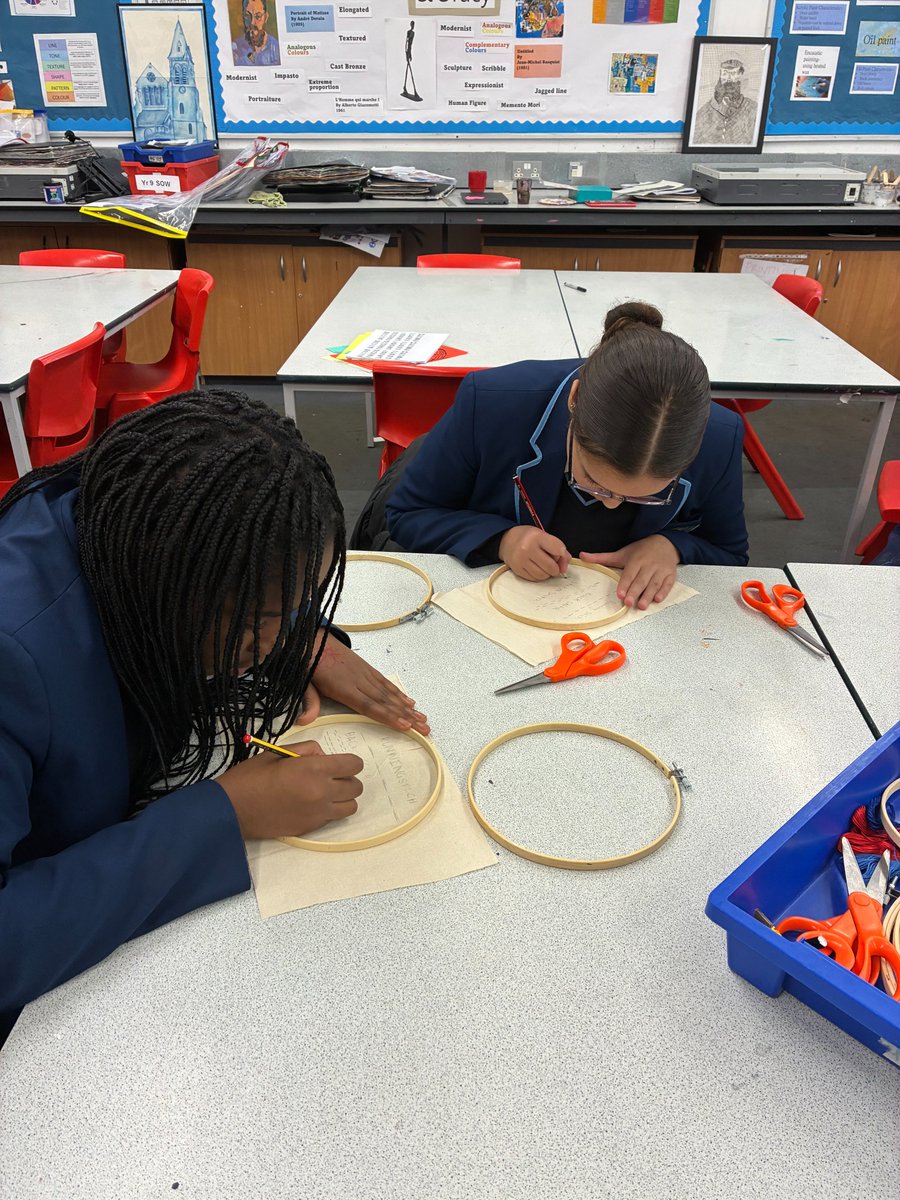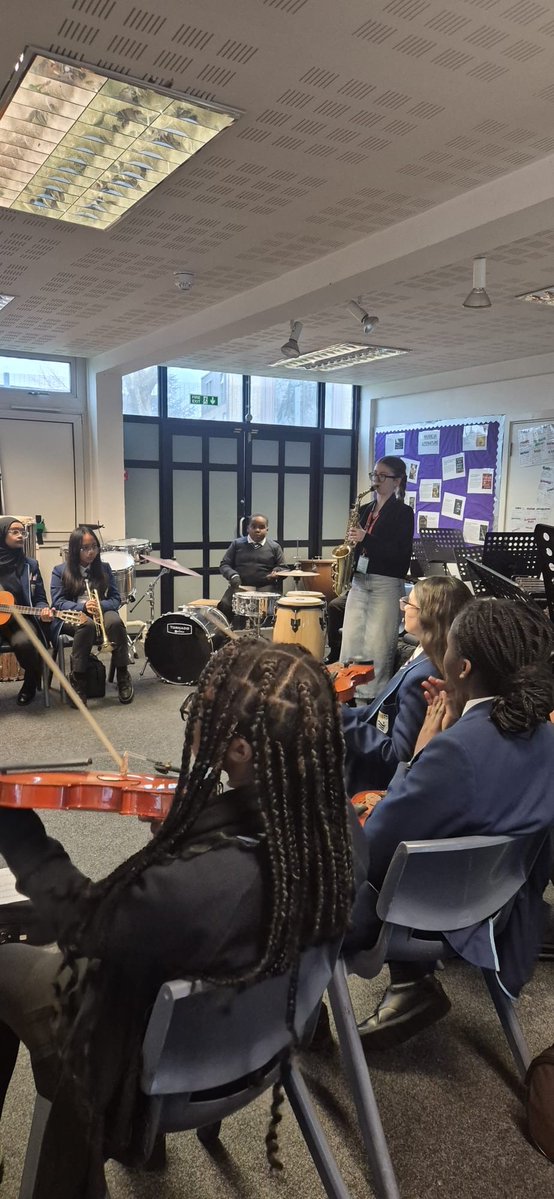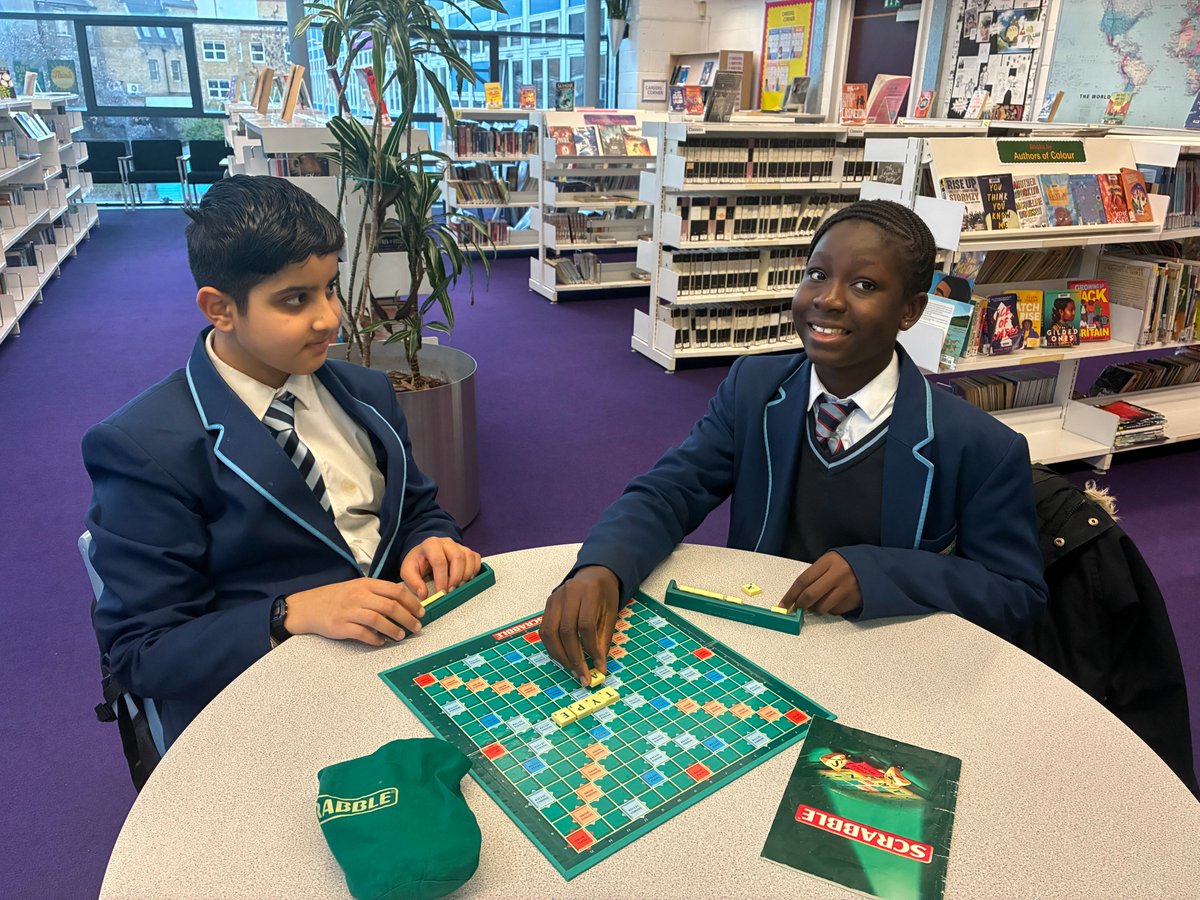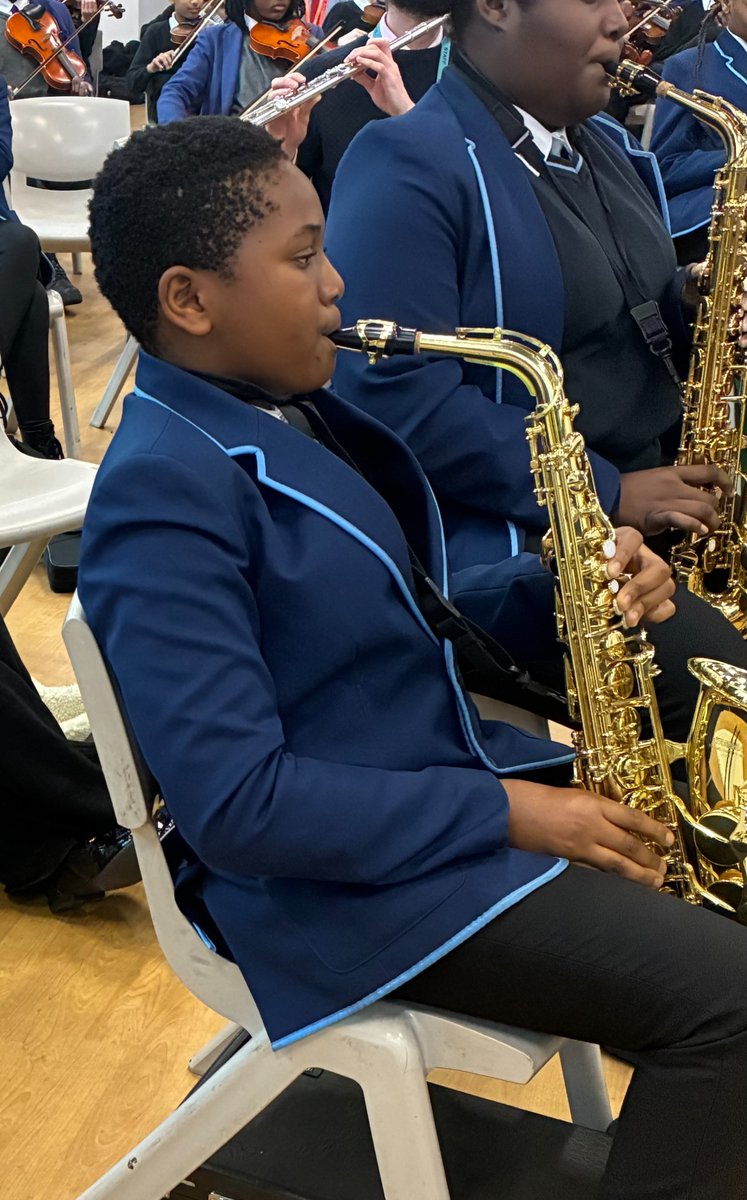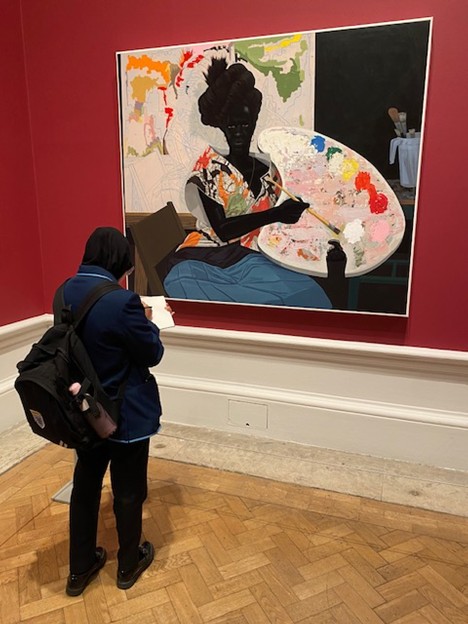Drama
I regard the theatre as the greatest of all art forms, the most immediate way a human being can share with another the sense of what it is to be a human being." Oscar Wilde
Increasingly the power of drama is being recognised as one of the most effective ways for young people to develop emotional intelligence and an understanding of human behaviour.
Through imagination and creativity in Drama, students develop communication skills, teamwork, dialogue, negotiation, and socialisation. In a safe and nurturing environment, Drama develops a student’s empathy with situations that might seem unfamiliar by applying critical thinking allowing them to make better and more conscious decisions, promoting a worldview.
Despite this, the emphasis within the classroom is on high quality input and outcomes reflecting the professional sphere, by identifying their work in the work of professionals in theatre, film and other media.
Our vision for drama, theatre and performance at HAP is to ensure that every child has the opportunity to express and empower themselves, by developing the confidence to utilise a rich theatre tradition by breaking boundaries in the creation of new works.
Students should have access to outreach projects, clubs and productions to encourage a lifelong passion and commitment to drama, theatre and performance. Teachers make appropriate professional links to facilitate this, such as with the Globe theatre project, Shakespeare Schools Festival, Mountview and the Old Vic and Young Vic.
Students experience a depth and mastery of subject-specific knowledge and skills
The Drama curriculum encourages students to aspire to master successful representations of character in order to communicate meaning to an audience through the use of performance skills and Drama techniques. It will enable them to:
- develop core transferable skills that underpin successful drama
- devise creative and imaginative performance
- participate in a range of performance genres, through performance and technical support
- design imaginative set, costume, music, lights, make up and props to enhance performance
- understand the process of planning, rehearsing and reviewing performance
- work with external providers within the performing arts so students can develop an appreciation of theatre and how it works
- use extracurricular activities to enrich the curriculum
Students become lifelong and independent learners
The Drama curriculum has been created to encourage students in creating self-awareness, exploring issued and understanding the value of cooperative learning. It helps students to think about their individual or social problems thus making it easy for them to express themselves more effectively in any situation. It will enable them to:
- apply a range of conventions and styles to structure innovative performance
- ensure that SEND and EAL students can access learning in lessons to support independent learning
- develop their individual character, including their confidence, resilience and independence, contributing positively to the life of the school.
Students develop critical thinking and excellent communication skills
The Drama curriculum allows students to experience the real-world as well as creating their make-believe world and more importantly to learn how to influence others and how to put themselves in other people’s shoes. It aims to empower students and give them many opportunities to have pride in their work. It teaches them responsibility, problem-solving, management and directing proficiencies and gives freedom of expression. The many activities of teamwork will help the students to develop organisational skills and to think on their feet. It will enable them to:
- interpret and perform a range of existing scripts applying their own artistic vision
- develop written evaluative skills embedded with subject specific language
- apply a range of conventions and styles to structure innovative performance
- appreciate live performance
Literacy and numeracy are at the core
Literacy is at the very heart of the Drama department's revised curriculum. Drama is also pivotal in supporting the Whole School Literacy Programme. In all schemes of work created in Drama, the following areas of literacy activities have been developed: Extended Reading, Extended Writing, Speaking & Listening, Oracy Strategies and Spelling.
The department has created a variety of numeracy drama games and created numeracy functional skills (eg group numbers, lesson timings, character timelines activities, the ability to tell time using analogue clocks and problem solving) which complement schemes of work already in place in the department.
Students are world-ready and develop into global citizens
The Drama curriculum encompasses all aspects of SMSC and British values to ensure students have the understanding and ability to stay safe in the world and leave a positive footprint within their local community, country and the world, through exploring historical events and modern-day issues.
Globe Citizens is about being active in their community and working towards making the world more equal and fairer. Global Citizenship in drama means celebrating our diverse and different cultured but also encourages students to take ownership of their own voice and use them to make positive changes for the future. The curriculum will enable them to:
- talk, articulate and express their ideas, views and opinions about a wide range of topics and issues clearly, confidently and respectfully
- explore contemporary issues, in a safe and environment
- empathise and engage with others outside their own social, cultural and historical setting
Relationship, sex and health education
The Drama curriculum has been created to give students the opportunity to explore relationships in its many forms. Students will also have the opportunity to explore relevant social issues, such as Bullying, Racism and FGM. The threshold concepts for Drama at KS3 are based on four fundamental strands of the subject:
- Performance – Pupil’s ability to apply physical and vocal techniques in performance
- Creating/devising – Pupil’s ability to create their own performance work using a range of devices
- Reflection – Pupil’s ability to recognise strengths and areas to improve in their work and the work of others
- Personal skills – Pupil’s ability to work as a group, manage their time and demonstrate skills such as confidence and resilience
Documents
| Drama Curriculum Overview | Download |


